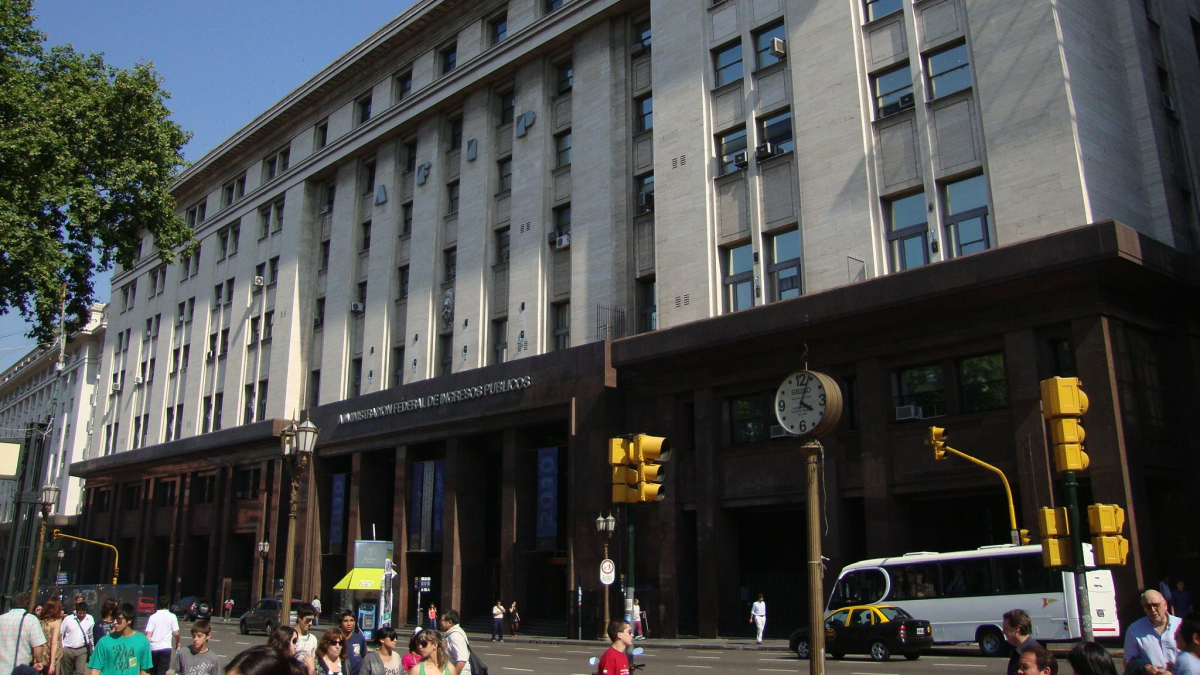The Ministry of Economy decided to raise the compensatory and punitive interest rates, which are those paid for late payment of taxes, above 15% monthlyaccording to Resolution 3/2024which was published in the Official Gazette.
“The interest rates for non-payment of tax, pension and customs obligations go from fixed values to variable values and will be adjusted bimonthly. since February 1st, inclusive,” said tax official Sebastián Domínguez.
In a report, he points out that the interest rate compensatory, which is when a default occurs, goes from 5.91% at 1.3 times the monthly effective active rate of current account overdrafts not previously requested from Banco Nación Argentina (BNA) “That would bring the compensatory interest rate slightly more than 15% monthly,” he explained.
The new punitive interest rates
On the other hand, the punitive interest rate, which is The one that governs when the AFIP makes a claim through judicial means, goes from 7.37% to 1.5 times the monthly effective active ratel of overdrafts in current accounts not previously requested from the (BNA). “That would bring the punitive interest rate to almost 18% per month,” he warned.
The compensatory and punitive interest rates for debts in dollars remain at 0.83% monthly and 1% monthly respectively.
In the case of returns, repeat actions, refunds and other cases, the 30-day deposit rate published by the BCRA will apply. Currently the rate was fixed at 3.84%.
A warning about rate changes
“Without a doubt the rates in force until January 31 are negative real rates very far from current inflationl. This causes taxpayers, on many occasions, to finance themselves through payment plans granted by the AFIP or even not pay since the cost of late payment is low, affecting public accounts,” said the partner of SDC Asesores Tributarios.
However, he suggests that “The current economic context and high tax pressure that exists in Argentina means that many taxpayers are unable to comply with their obligations.” in term and an almost triple increase in compensatory interest, could affect them even more.
“Above all, because the interest rates applicable to non-agreed current account overdrafts are the highest charged by the BNA,” he warned.
Domínguez indicated that “the Ministry of Economy should set the same interest rate for refunds, repetition actions, among others filed by taxpayers.”
“It cannot be that the AFIP charges a fee when the taxpayer is late in paying his obligations and does not pay the same fee when he delays (and in many cases without reasons) in making the refunds”demanded the tributary.
The interest rates will be published, at the beginning of each two-month period, on the AFIP website.
Source: Ambito




